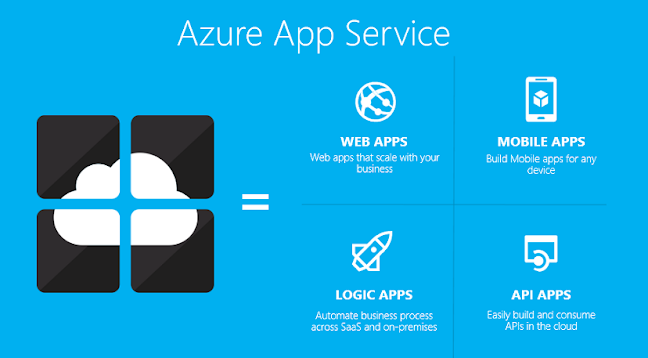5 Key Steps to Implementing DevOps with Azure Infrastructure

DevOps is a methodology that focuses on collaboration between developers and operations teams to deliver software faster and more reliably. Microsoft Azure is a cloud computing platform that provides a wide range of services for building, deploying, and managing applications. Set Up Azure Infrastructure The first step to implementing DevOps with Azure infrastructure is to set up your Azure environment. This involves creating an Azure account, selecting the right Azure services for your needs, and configuring your infrastructure. You can use tools like Azure Resource Manager to automate the process of setting up and configuring your Azure infrastructure. Use Continuous Integration (CI) Continuous Integration is a key component of DevOps. It involves automating the process of building, testing, and deploying code changes. Azure provides several CI tools, including Azure Pipelines, which can help you automate your CI process. Azure Pipelines allows you to build, test, and deploy...



